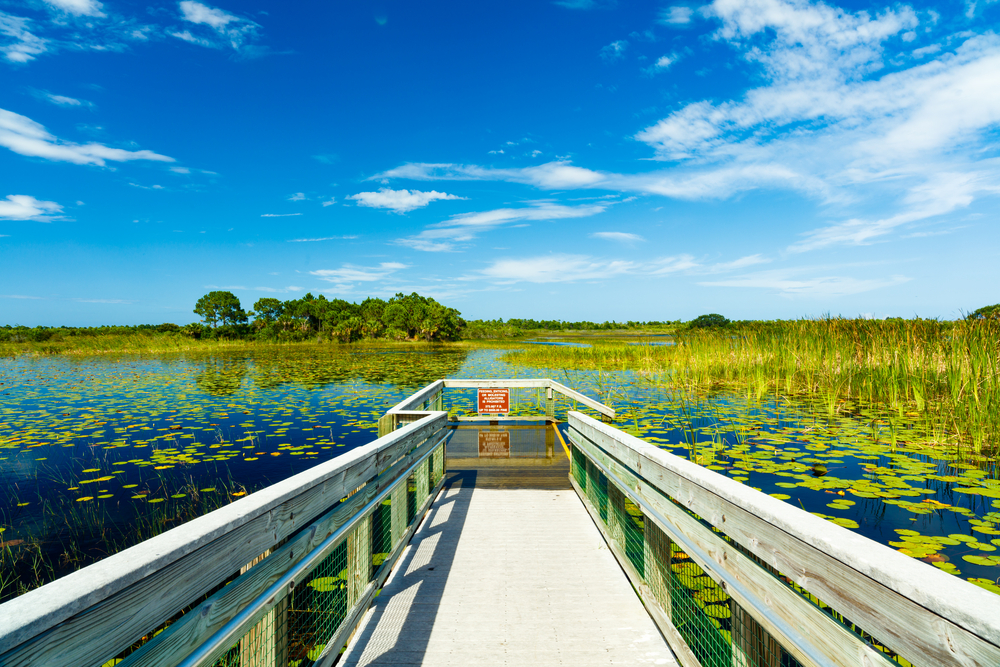Navigating FWC Wildlife Laws: A Recreational User’s Guide
Florida’s natural landscapes are a treasure trove of biodiversity, offering endless opportunities for recreation and discovery. From the serene waters of the Everglades to the bustling reefs of the Keys, the state’s ecosystems are as diverse as they are captivating. Understanding Florida’s wildlife laws is central to enjoying these wonders responsibly. Crafted to preserve the state’s natural beauty and protect its wildlife, these regulations ensure that future generations can enjoy Florida’s outdoors as we do today. This guide aims to navigate the intricate web of wildlife laws, providing recreational users with the knowledge to comply with Florida’s regulations.
Overview of Florida’s Wildlife Laws
The Florida Fish and Wildlife Conservation Commission (FWC) is at the heart of Florida’s conservation efforts, a body dedicated to managing the state’s fish and wildlife resources. The FWC enforces laws that balance the needs of the state’s wildlife with those of its people, ensuring sustainable use of natural resources. Understanding these laws is not just a legal obligation but a moral one, underscoring our collective responsibility to protect and preserve Florida’s natural heritage.
Key Regulations for Recreational Activities
Fishing: Florida’s waters are an angler’s paradise, but fishing here comes with specific regulations. Whether casting a line in freshwater or saltwater, having the appropriate license is crucial. Size and bag limits, designed to maintain healthy fish populations, vary by species and sometimes by season or area. Adhering to these regulations ensures that fishing remains a sustainable activity for all.
Hunting: Hunting in Florida is a tradition that dates back generations and is regulated to ensure wildlife conservation. Hunters must obtain the correct licenses and permits, with regulations varying by game species and location. The FWC provides a comprehensive guide to open seasons and regulations, ensuring hunters can enjoy their pursuit without harming local wildlife populations.
Boating and Water Sports: Navigating Florida’s waterways requires awareness of specific boating regulations, especially in areas designated for wildlife conservation, such as manatee zones. Adherence to speed limits and proper waste disposal practices protects marine life and ensures the cleanliness and safety of the state’s waters.
Wildlife Observation and Photography
Observing Florida’s wildlife in its natural habitat can be a profound experience. However, it’s vital to do so responsibly. Disturbing animals, altering their habitats, or attempting to feed them can have detrimental effects. Wildlife photographers and observers are encouraged to maintain a respectful distance, use zoom lenses to capture close-ups, and always prioritize the subject’s well-being over the desire for the perfect shot.
Camping and Hiking in Wildlife Areas
Camping and hiking amidst Florida’s diverse ecosystems offer a unique way to connect with nature. To minimize your impact, follow Leave No Trace principles, store food securely to avoid attracting wildlife, and dispose of waste properly. Being aware of your surroundings and knowledgeable about the wildlife in the area can also enhance safety for both you and the natural inhabitants.
Participating in Conservation Efforts
Every individual has the power to contribute to conservation efforts. Participating in organized clean-up events, reporting wildlife violations, and supporting local conservation initiatives are just a few ways to make a difference. The FWC often offers opportunities for public involvement in habitat restoration projects, providing a hands-on way to contribute to preserving Florida’s natural beauty.
A Foundation
Florida’s wildlife laws are the foundation for its conservation efforts, ensuring its natural resources remain vibrant and accessible. By staying informed and adhering to these regulations, recreational users play an integral role in preserving Florida’s natural heritage. Let this guide be your compass as you explore the great outdoors, fostering a culture of responsibility and respect for the environment.
Embark on your next outdoor adventure with a commitment to conservation. Educate yourself further on wildlife laws, engage in responsible recreation, and consider how you can contribute to preserving Florida’s natural wonders. For more information and resources, visit the Florida Fish and Wildlife Conservation Commission’s website and become an advocate for the state’s invaluable natural resources.
Sando Law, P.A. represents clients pre and post criminal charges, clients facing fish and wildlife violations, and clients in need of immigration counsel.


